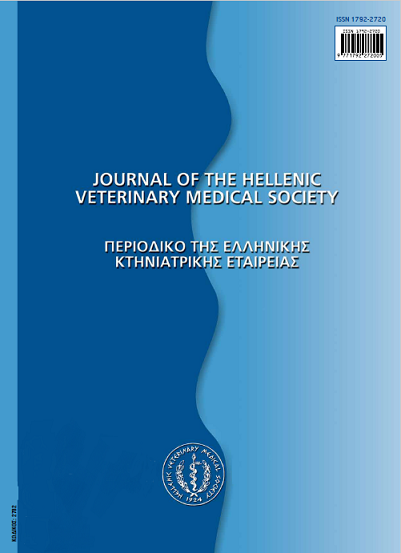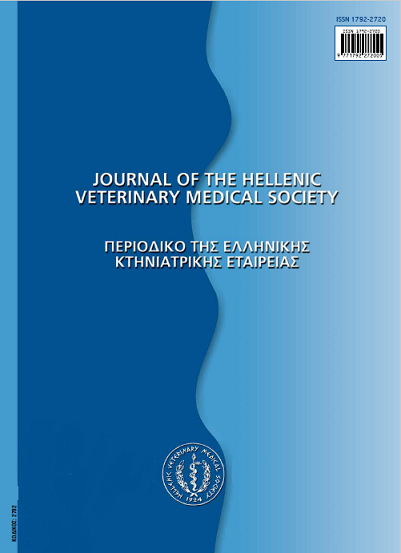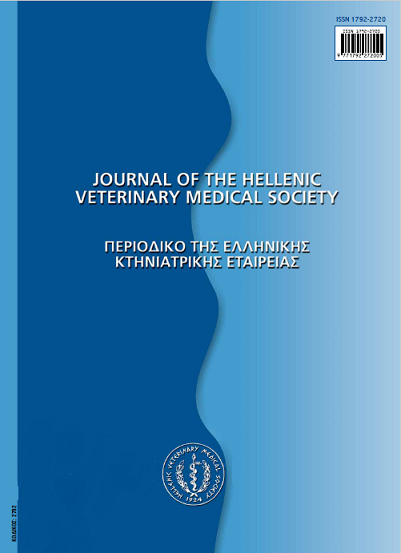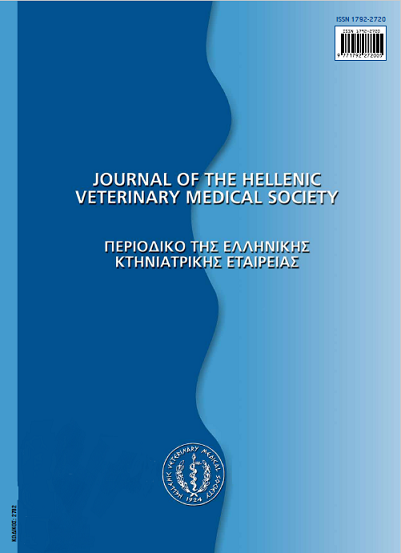Mycoplasma synoviae and Reovirus: (re)emerging infectious diseases in broiler Breeders

Abstract
Broiler breeders are one of the most important components of the poultry industry. This type of birds is susceptible to several agents that interfere with the immune system and predispose to infection. If transmission of pathogens to progeny is considered, their economic impact will be amplified in the broiler farms, compromising the entire production results. Construction of multi-age farms poses a significant epidemiological risk. In fact, these farms have grown in size and density, and an ideal environment has been created for agents such as Mycoplasma synoviae and Reovirus to thrive. A general review of the scientific literature concerning M. synoviae and Reovirus in broiler breeders is presented on their epidemiology, economic importance, pathogenesis, lesions, clinical signs, diagnosis, control, treatment and prevention.
Article Details
- How to Cite
-
MOREIRA, F. A., CARDOSO, L., & COELHO, A. C. (2018). Mycoplasma synoviae and Reovirus: (re)emerging infectious diseases in broiler Breeders. Journal of the Hellenic Veterinary Medical Society, 68(2), 113–122. https://doi.org/10.12681/jhvms.15595
- Issue
- Vol. 68 No. 2 (2017)
- Section
- Review Articles

This work is licensed under a Creative Commons Attribution-NonCommercial 4.0 International License.
Authors who publish with this journal agree to the following terms:
· Authors retain copyright and grant the journal right of first publication with the work simultaneously licensed under a Creative Commons Attribution Non-Commercial License that allows others to share the work with an acknowledgement of the work's authorship and initial publication in this journal.
· Authors are able to enter into separate, additional contractual arrangements for the non-exclusive distribution of the journal's published version of the work (e.g. post it to an institutional repository or publish it in a book), with an acknowledgement of its initial publication in this journal.
· Authors are permitted and encouraged to post their work online (preferably in institutional repositories or on their website) prior to and during the submission process, as it can lead to productive exchanges, as well as earlier and greater citation of published work.





